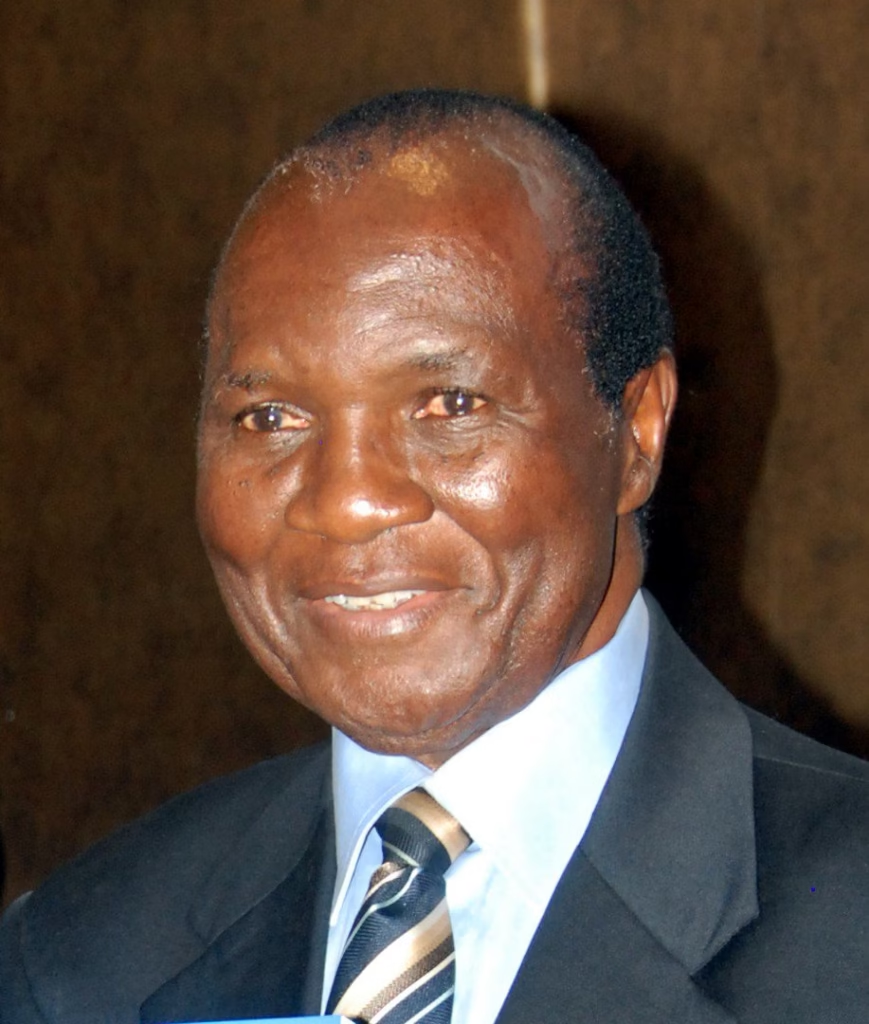Yoweri Museveni has been the President of Uganda since 1986, making him one of the longest-serving leaders in Africa. Born on September 15, 1944, Museveni studied political science at the University of Dar es Salaam, where he became involved in revolutionary politics.

Museveni’s early life was marked by his involvement in the Ugandan Bush War, which led to the overthrow of President Idi Amin in 1979. He later became the President of Uganda in 1986, after leading the National Resistance Army to victory.


Throughout his presidency, Museveni has been credited with restoring stability and promoting economic growth in Uganda. However, his rule has also been criticized for its authoritarian tendencies, human rights abuses, and corruption.

Some of the notable events and controversies during Museveni’s presidency include:
- The 1996 Elections: Museveni won the first direct presidential elections in Uganda with 75.5% of the vote ¹.
- The Second Congo War: Museveni’s government was involved in the conflict, which led to widespread human rights abuses and looting of natural resources.
- The Anti-Homosexuality Act: Museveni signed the bill into law in 2014, which was widely condemned by human rights groups and Western governments.
- The 2016 Elections: Museveni won re-election with 61% of the vote, amidst allegations of vote rigging and intimidation.
- The Age Limit Bill: Museveni signed the bill into law in 2017, which removed the presidential age limit and allowed him to run for re-election in 2021.
Overall, Museveni’s presidency has been marked by controversy, human rights abuses, and authoritarian tendencies. However, he remains a dominant figure in Ugandan politics, and his legacy continues to shape the country’s future.



